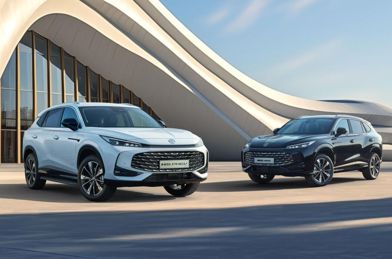The Nissan Leaf may be turning from green to brown. As we enter a period when Kiwis are turning away from EVs, both new and used, it could also be a time when we are losing favour with this perennial used EV favourite.
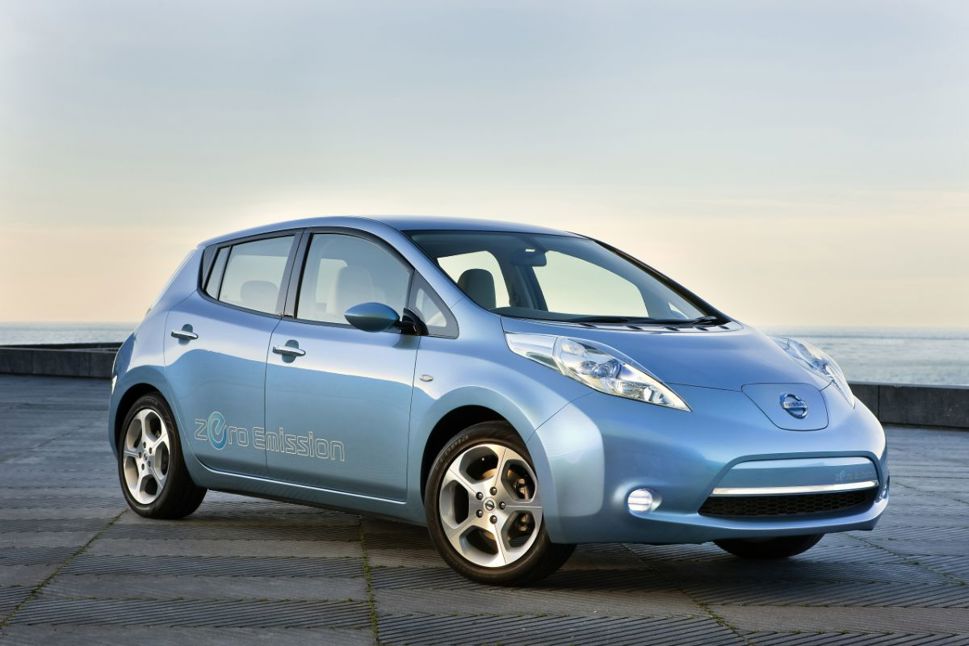
The vast majority of the 23,000 Nissan Leafs in New Zealand arrived as alluringly cheap used imports and, of those, close to 70 per cent of them are the first-generation 2010-2017. These have now depreciated the most, to the point of being worth just a few thousand dollars.
But there are reasons: their battery tech is outdated, much less the ageing batteries themselves. While some are, admittedly, still very good and perfectly useable, with State of Health (SOH) 70 per cent or above, there are also a lot whose SOH are much lower, offering driving range around 50-80km – in particular the original 24kWh battery model.
If that distance is more than your daily commute, then a cheap Leaf is a great, inexpensive way to get around. Some Leafs are $5000 or less.
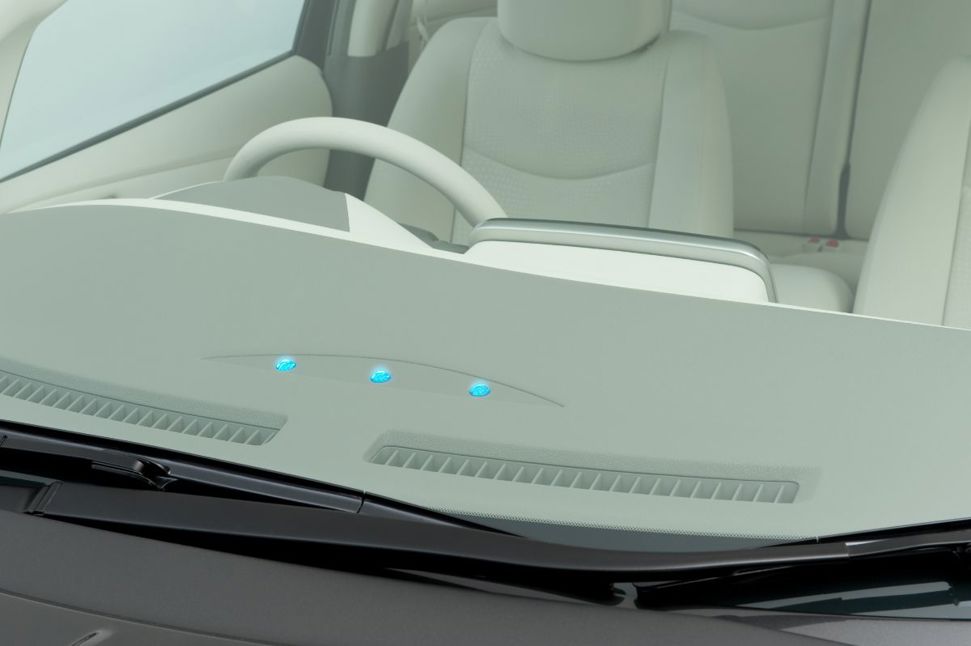
But as it nears the end of its life, until a battery replacement becomes cost viable, a 15-20 year-old EV gets inevitably closer to being a disposable asset; thereby eliminating any trade-in residual value.
That makes them largely worthless to the used car trade, so most are bartered on privately for those with personal needs that suit the old Leaf’s limitations.
What's the sweet price spot for a used EV?
How soon before the values of newer EVs descend to the spending zone for Leaf lifers is of interest to Greg Hedgepeth, auto retail division boss for Turners Cars, the largest national re-seller of NZ-new cars.

He says the sweet spot of Turners trades is $15,000, tops; and nothing electric of reasonable quality sells for anything that cheap, he suggests.
“You're probably knocking on $20,000 for a used import EV, and even then the range on that car might not be that great,” he says.
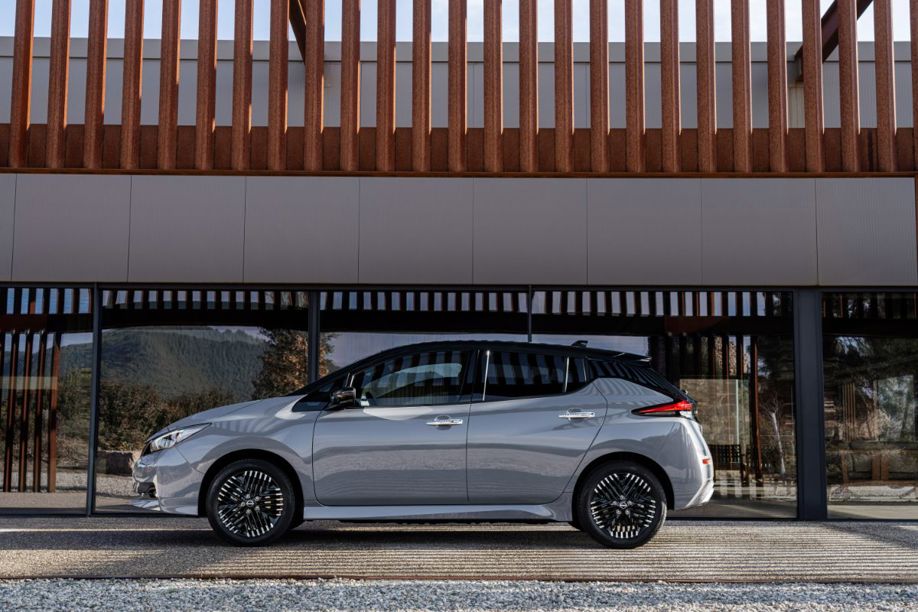
Leaf’s period of market influence and popularity is surely set to diminish now that the current “NZ new” second-generation is being exited from production. The UK factory that builds the NZ-new Leaf has built its last car, though enough stock is in circulation that it will likely remain in the NZ showrooms for much of this year and possibly beyond. Nissan has another Leaf planned, but not until 2026.
In the interim, Nissan is shifting focus onto its Ariya EV, the brand also working hard to protect it isn’t highjacked by vehicle importers in the same way the Leaf was, that left an impression that Japan was a readily accessible source for low-priced EVs. However, the reality is different.
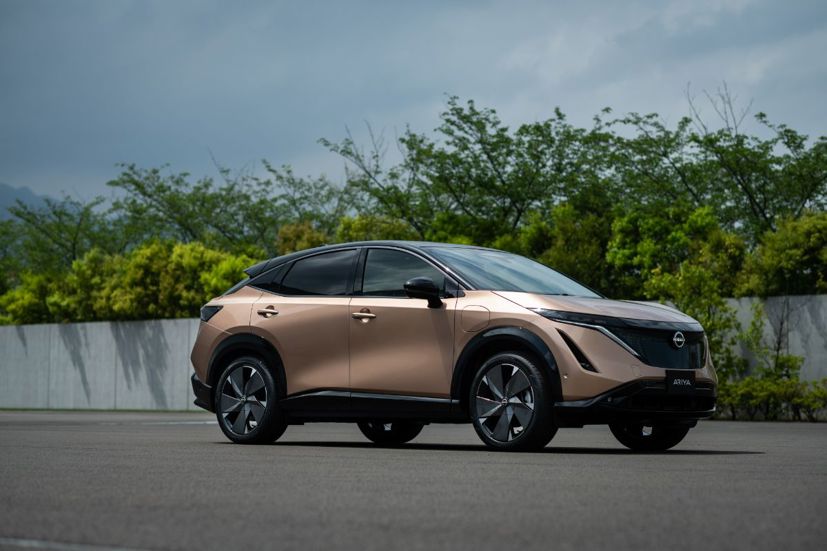
Japan is very much into energy saving; it imports oil and wants to lessen that reliance. But it simply wants to use less fuel, not expunge it, and sees better value from hybrid technology than full electric. The low number of EVs on Tokyo roads is real-life evidence of that.
Over recent years, EVs have accounted for between just 0.4-0.6 percent of the domestic Japanese market of five-million car sales annually.
Why not just replace a Leaf battery and drive on?
As for the first-generation Nissan Leaf, the silver lining could be that the cars with batteries with a state of health so depleted and range so low, that they could very well be such low value, they could now be cost-viable to replace the battery, with costs variable, but somewhere around $10,000 would be feasible.
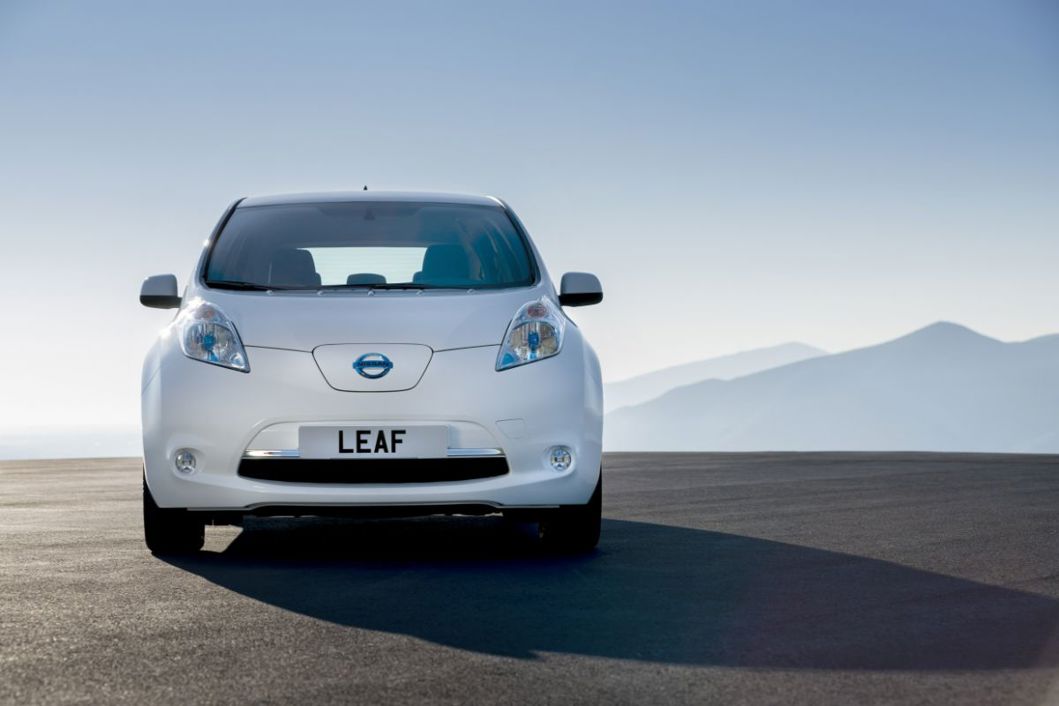
A 2010 Nissan Leaf with a fresh battery, 150km+ range and another 10+ years of life suddenly becomes a lot more appealing than one simply thrown in the bin.












